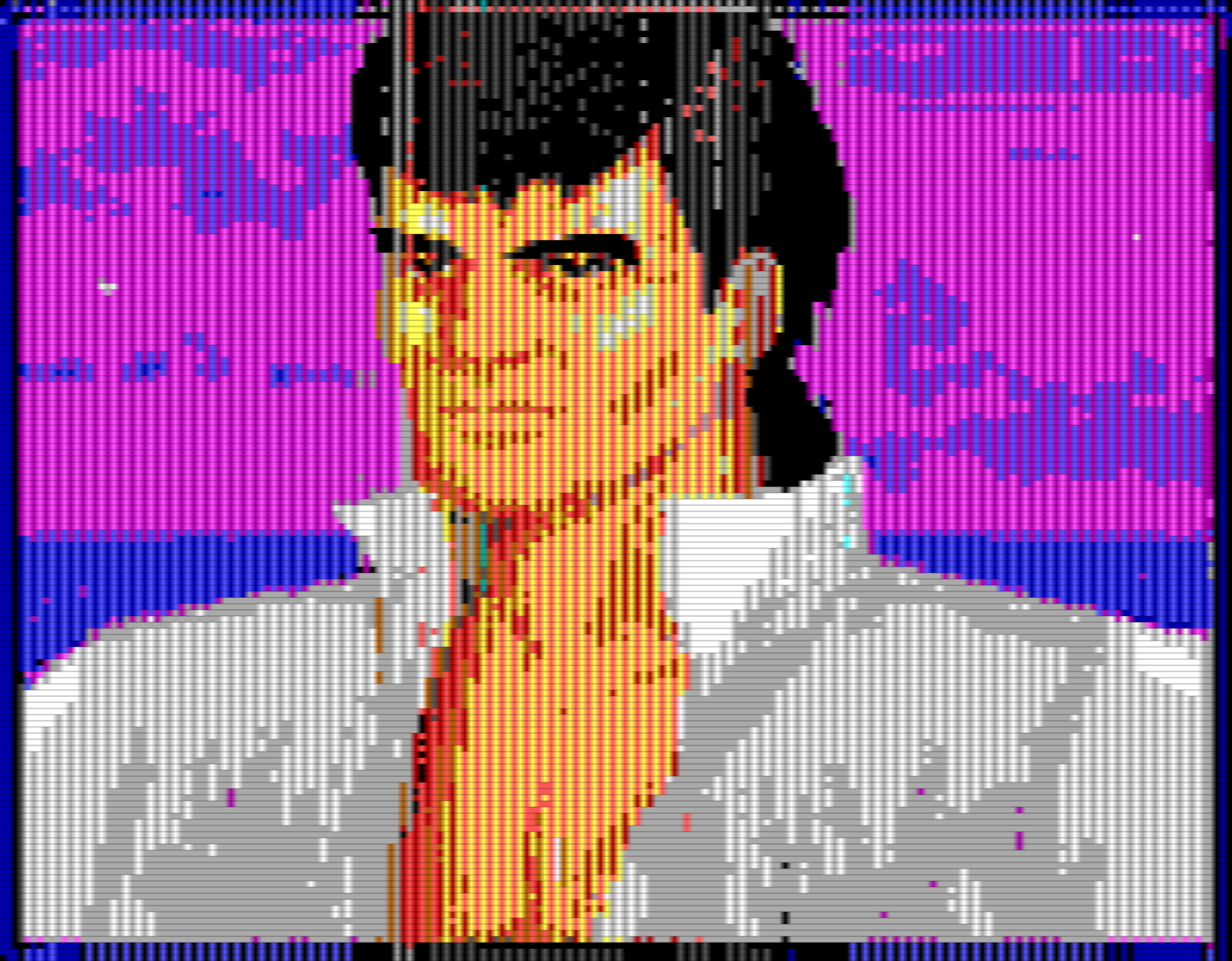So, I've been thinking about our dairy industry, and I reckon it's facing existential threats on a number of fronts. We know the environmental issues – water pollution, habitat loss, deforestation, methane and CO2 emissions. Animal welfare is also an issue, for example the ethical treatment of male calves.
And then there's tech. Lab-grown milk protein is a thing now, and plant-based dairy is seeing big gains. Fonterra's even investing into lab-grown milk proteins. See https://www.stuff.co.nz/environment/climate-news/130551099/labmade-milk-getting-the-creaminess-without-the-climate-pollution for other companies in NZ making lab-grown milk. When China realises mass production of casein in labs, demand for our milk powder will... evaporate. And that milk powder, is, what, 95% of the demand?
I don't see how we can just 'adapt' dairy farming. These aren't small problems, they're insurmountable challenges. And those pressures are only going to increase.
If these threats are unlikely to be mitigated, the focus must shift towards planning how to downscale dairy farming in a responsible way. Industries have come and gone before ( whaling, anyone? ). Anyone got some thoughts on this? What will NZ look like in 20 years?
Having moved to Southland around 10 years ago, I've seen the ongoing denialism of Diary Farmers and Councils that this is/will/must happen. It is near on impossible to have a discussion about it, as you simply get dismissed, usually with comments in the form "what would you know, we've been farming like this all our lives, we know what's best". Unfortunately, nothing could be further from the truth.
The Southland District and Regional councils have been heavily weighted with dairy/sheep farmers, even though farmers make up only a small percent of the population. Their voice, at the moment is simply too loud, I'm not sure how it got so loud (money talks?), but it is very hard to tone it down, so others can be heard.
Having grown up in a different place, but on/around farming (crop based), I believe it would not take all that much to switch from Dairy to plant based farming. After all, Dairy and Sheep farming requires growing grass/swede etc., much of which is reseeded/grown each year.
The biggest issue is the will and re-education of the farming community and building infrastructure and exports to support the switch. Unfortunately, many in the farming community are not well-educated (source: Census) in anything other than the farming practices that they have learnt "on the job".
Many rely on Frontera or fertilizer companies to tell them how to best manage their farms, and most just reject whatever the Government tries to impose, even though it is typically for the betterment of all.
Personally, I think it will happen quickly. I suspect there will be a sudden collapse or forced change that will be devastating for many. Frontera, with its export strengths, may be able to lead the way to a more progressive/stepped change, but they need to get moving, and soon.
There are some innovators now, but without significant infrastructure, they struggle to get a foot hold. Many don't know that Oats were grown in quite a large way many years ago in Southland, before Sheep then Dairy took over - all driven by the almighty dollar. So when the value of milk drops (as it is right now), and another crop becomes more profitable, or perhaps becomes more acceptable in our current climate change - we will see the change that some of us are hoping for...
I live rurally and have tried to have this discussion with farmers and it generates frothy denialism. It's like they're standing on an exponential curve looking backwards and equating these pressures to the slower pace of change from the past, and thinking it will all be fine. I'm surprised there isn't much national discourse about this.
I'm a web developer and AI is already integral to my workflow, that's another seismic change happening right now that seems harder to pin down the effects compared to lab-grown dairy.
One way to look at this is that cows are a technology.
The goal is not the tech itself, but what it gives us, in this case milk. Just like any other technology, it will be supplanted when a new, better technology comes along.
Once a better way of achieving the goal arrives the transition to the new tech will be swift and devastating. Almost no one in the industry will see the change coming until it has already started; at which point it will be far too late. See:
- Audio tape -> CD -> mp3 player -> phones/streaming
- film camera -> digital camera -> cellphone camera
- horse and cart -> truck
- horse -> car.
I remember having this conversation with a farmer 10 years ago, looking at the growth of bio-tech and the potential to genetically engineer; say yeast to produce dairy proteins; I knew it would only be a matter of time before the whole dairy industry would collapse.
I hate that farmers seem to think the only options are dairy or forestry, or in my area, grapes. No one seems to grasp that a monoculture in any particular is a bad idea and if it goes belly-up, the way dairy is going to, there's nothing to fall back on. With food supplies getting a little shaky you'd think there'd be a push to start growing more stuff locally so we have less reliance on other countries and on shipping, but I guess planting out crops means Fonterra won't be funding next years' Ford Ranger purchase.
Yes, absolutely. My interest is in growing sub tropicals (I have 6 hectares of horticulture land) and it's interesting to see groups finally getting organised around growing banana, pineapple, papaya etc here rather than importing everything.
Considering how massive a trading partner China is, and how big a slice the dairy industry is of our economic pie, I think it will be pretty devastating.
It will take a while to switch so it won't be sudden, but definitely a slow steady decline in GDP.
In terms of providing fat/protein for processed food, agree that it is probably a sunset industry. Milk powder will become lab 100% or close to that.
Old-school dairy will still exist, for things like boutique cheeses. Terrior is important in that market. The fonterra model of pumping out mega-tonnes of generic product is irrelevant. Those who want to remain dairy farming should be forming relationships with individual cheese makers and developing cheeses that reflect their locality.
As factory created protein takes over, there will be more focus on "destination" food experiences as a way for land based farmers to carry on. Tourism and dining with farm visits to see a cow, that sort of thing. $$$. Most people won't bother, just stick to product for their dietary needs.
NZ produces enough foodstuffs to feed 40 million people.
That only works when there are 35 million people in other countries willing to buy our stuff.
So from a domestic consumption point of view we can afford to lose something like 9 out of every 10 dairy farms and still feed all of NZ with dairy.
As it happens, approximately 35 million of those buyers are Chinese, whom are rapidly gearing up their own dairy industry, that market will crash/disappear in a few short years.
Dairy farmers should be planting trees on 90% of their paddocks right now or at least starting the paperwork at MSD.
Dairy farmers should be planting trees on 90% of their paddocks right now or at least starting the paperwork at MSD.
But instead they are howling in protest about any farms being converted to Forestry! Apparently, if any land that can be used for Dairy, is not, it is a travesty. Just ask any Diary farmer (at least in Southland).
Dear diary, today I did not plant trees. I visited a trees community online. Seemed different to expected. Followed their instructions and now the world seems different.
Really interesting but like a.i. we don't know precisely what will happen. We can only guess a range of possibilities ranging from best to worst.
In 20 years we will have involuntary euthanasia for people who suffer from bad thoughts about the government





